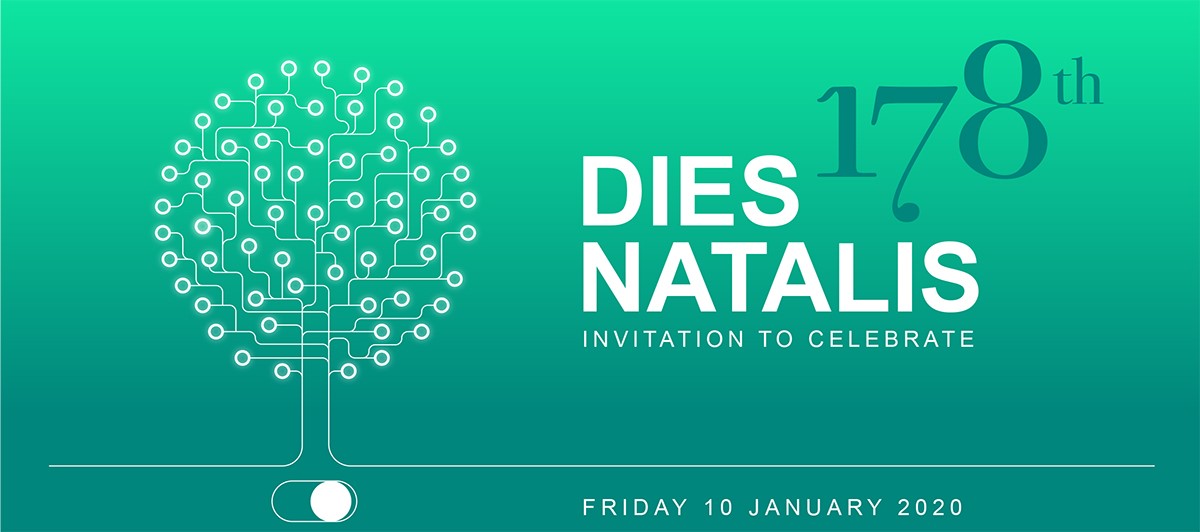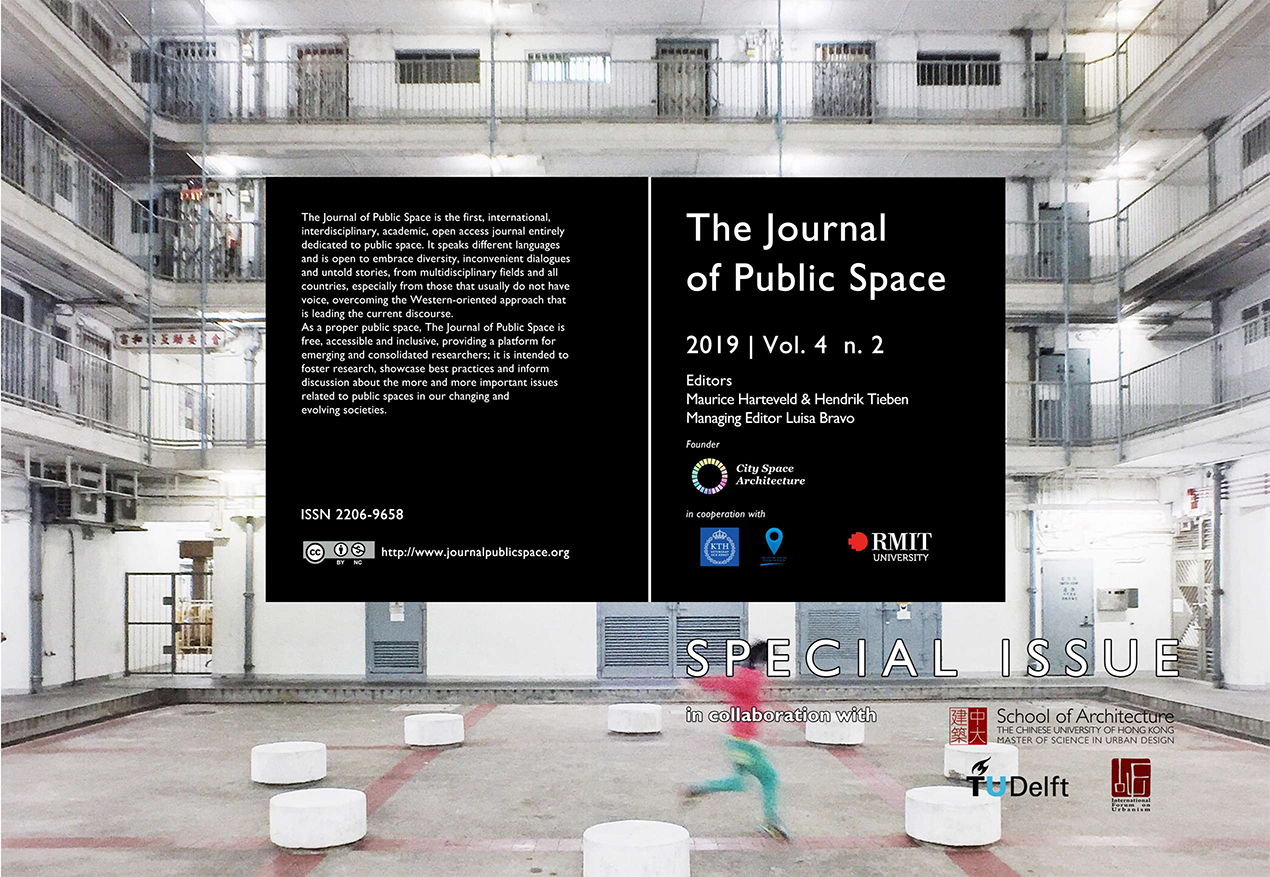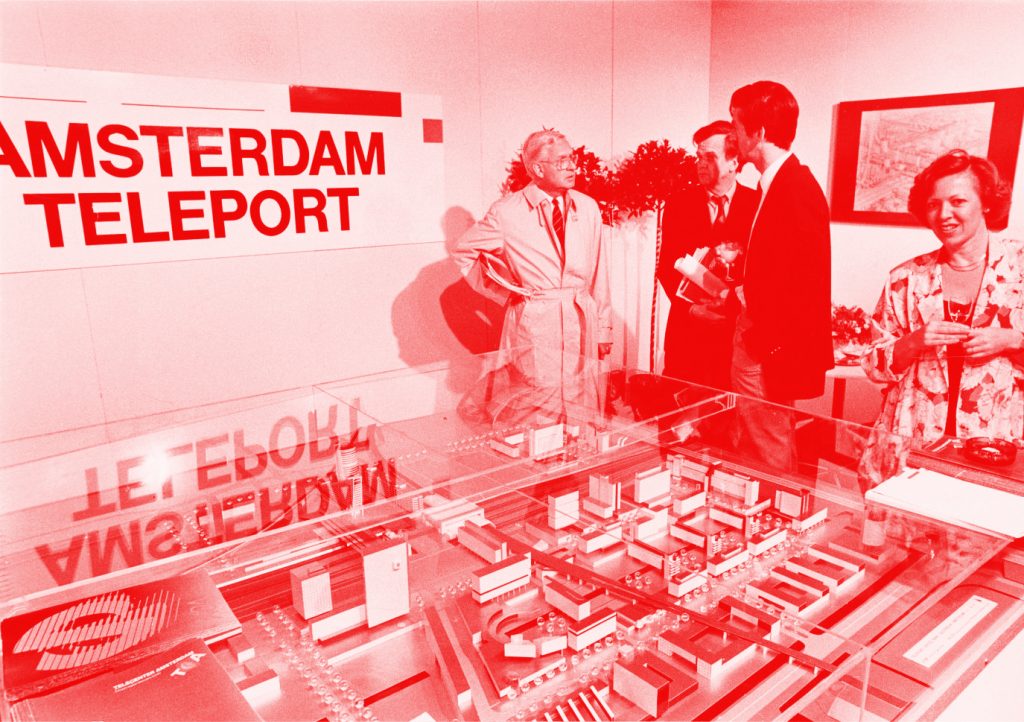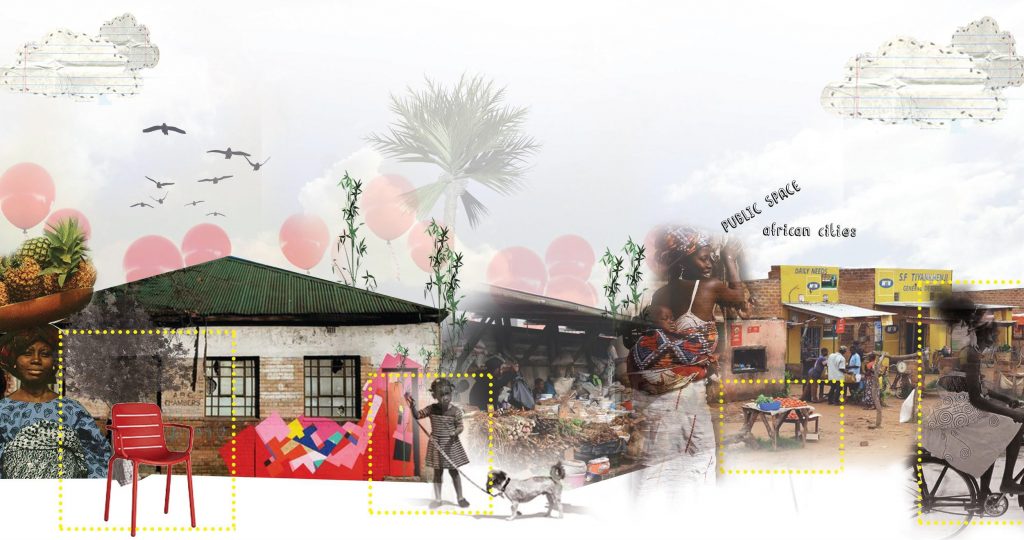…So say geologists who have recently heralded the Anthropocene as the world’s youngest epoch, shaped extensively by human intervention: Erosion and sediment transport through mining and agriculture, changes in the composition of the atmosphere through global warming, and an alteration in the biosphere are among the most pressing effects of humanity on the planet (International Commission on Stratigraphy). At the same time, the growing societal volatility of recent years – the spread of terrorism, the ongoing refugee crisis, the shift towards populism – make it increasingly difficult to forecast the effects of our actions on the planet. This might indicate that our climatic dilemmas are matched by social conflicts. Will this new era herald our end? Or are we at the dawn of a new epoch that will see us better succeed in sustainably managing the planet?
We must consequently ask ourselves what, if anything, we can do as designers to face the challenge of planning in increasingly unpredictable times: How can we imagine the future of a place like Syria, that has just witnessed an exodus of unprecedented scales? How can we still imagine a world in balance with its surroundings, when the ideals of sustainable development are not embraced by the global population? These are the kind of questions we would like to discuss with a wide range of thinkers in this year’s Urban and Landscape Week.

Towards the Edge of the Anthropocene
incl. a symposium with lectures, and discussions as well as a short competition.
Programme:
16 October 2017
Keynote Lecture: Christophe Girot
Afternoon Lectures: Jan Willem Petersen, and Godofredo Pereira
Panel Discussion moderated by Maurice Harteveld
17 October 2017
Keynote Lecture: Colin Waters
Afternoon Lectures: Sabine Mueller, and Jan Jongert
Panel Discussion moderated by Maurice Harteveld
18 October 2017
Competition
19 October 2017
Keynote Lecture: Claudia Pasquero
Closing Event
Where:
Faculty of Architecture and the Built Environment, Berlage Rooms and Oostserre
Delft University of Technology
Tickets:
at Polis ticket service
 On the occasion of its Dies Natalis celebration, the Delft University of Technology together with the Delft Design for Values Institute has organised a symposium on Design for Values.
On the occasion of its Dies Natalis celebration, the Delft University of Technology together with the Delft Design for Values Institute has organised a symposium on Design for Values.







